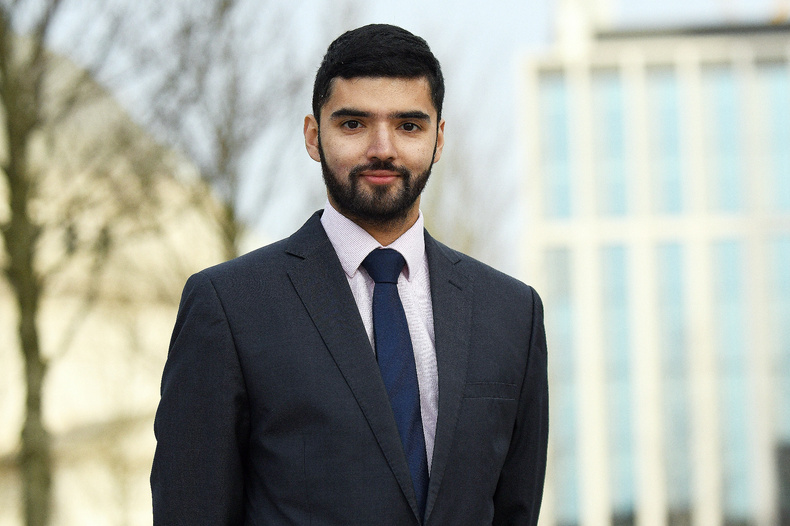Inflation reaches 10-year high

The cost of living surged to 4.2 per cent in October - its highest rate in almost 10 years - because of rising fuel and energy costs, according to new data.
The consumer price index measure of inflation is now more than double the Bank of England's target.
The costs of transport, gas and electricity bills and second-hand cars all climbed, according to the Office for National Statistics (ONS).
Inflation has risen since the economy reopened after the Covid 19 lockdown.
The Bank of England has said it may have to increase interest rates "in the coming months" to tackle the problem.
October's reading is far higher than the 3.1 per cent rise recorded in the year to September and ahead of economists' forecasts.
Raj Kandola (pictured), head of policy at Greater Birmingham Chambers of Commerce, said: “Given the rise in energy costs coupled with the labour and supply shortages we experienced over the last six months, it 's no surprise to see inflation rise to its highest rate in nearly a decade.
“The increase in October was also likely to have been impacted by the reversal of VAT reductions for hospitality and retail firms - something that we warned of in the run up to the Autumn Budget.
“Early analysis from our latest Quarterly Business Report surveying work suggests that local firms are still facing substantial price pressures which we suspect will lead to even greater levels of inflation as we approach the end of the year.
“Now all eyes will turn to the Bank of England to see how they respond to the latest results; we would urge caution on moving too quickly on interest rates given the fragile nature of the economic recovery we 're currently facing. ”
Click here to complete QBR survey
Click here to read about the Chamber's campaign for more hospitality support
